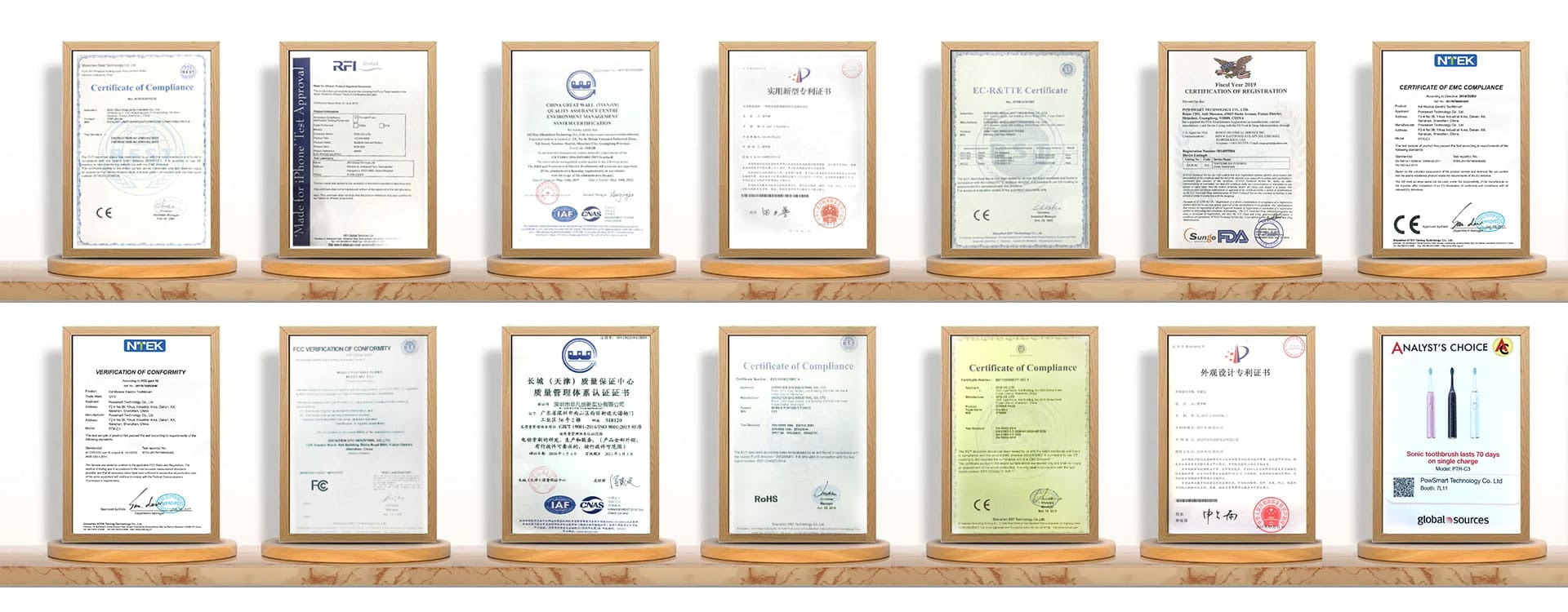In today’s highly competitive manufacturing industry, product quality is the foundation of brand reputation and long-term customer relationships. However, recurring issues such as poor contact in electrical components and batch defects in mass production are causing increasing concerns among businesses. These problems not only lead to increased product returns and warranty claims but also weaken customer confidence, ultimately harming a company’s credibility. This article explores the causes, consequences, and strategic solutions for these challenges.
One of the most common complaints in electrical and electronic products is poor contact between components. This issue can arise from multiple factors, including improper assembly, oxidation of connectors, or low-quality conductive materials. When contacts fail to establish a stable electrical connection, users experience intermittent failures, reduced device performance, or complete malfunctions.
Manufacturers must address these concerns proactively by implementing rigorous material selection processes, ensuring precision in assembly, and conducting extensive quality testing to detect weak connections before products reach the market.
Batch defects occur when a significant percentage of manufactured products exhibit the same flaw, often due to inconsistencies in raw materials, faulty machinery, or inadequate quality control procedures. These defects can lead to mass recalls, legal claims, and reputational damage.
For businesses producing at scale, a single batch defect can result in significant financial losses, increased warranty costs, and disrupted supply chains. Ensuring stable production quality requires continuous monitoring of manufacturing processes and robust defect-tracking systems.
Several factors contribute to poor contact and batch defects, including:
To prevent these issues, businesses must enforce stricter supplier evaluations and invest in advanced manufacturing technologies.
To minimize poor contact issues and batch defects, manufacturers should adopt the following quality control measures:
By reinforcing these strategies, businesses can significantly reduce failure rates and build stronger consumer trust.
Neglecting poor contact problems and batch defects can have far-reaching consequences:
A proactive approach to quality management not only prevents these consequences but also strengthens a company’s competitive position.
To ensure long-term success, companies must take a future-focused approach to preventing poor contact and batch defects. This includes:
By adopting these forward-thinking measures, manufacturers can minimize defect-related risks, improve product reliability, and retain customer confidence in an increasingly demanding market.
The issues of poor contact and batch defects are serious challenges that can erode trust, impact business profitability, and threaten long-term success. However, by implementing stringent quality control processes, leveraging advanced manufacturing technology, and prioritizing supplier reliability, companies can mitigate these risks and deliver consistently high-quality products. The key to maintaining a strong brand reputation lies in proactive defect prevention, continuous innovation, and an unwavering commitment to excellence.https://www.powsmart.com/product/electric-toothbrush/




Electric Toothbrush Certificate
.jpg)
Why Are OEM Toothbrush Heads Essential for a Successful Toothbrush Subscription Service Model?

Is an IPX8 Waterproof Rating Essential for Durable Brush Heads?
.jpg)
Washington Hygienist Recommended Toothbrush Distributor

Is Kids’ Electric Brushing Really Safe?
.jpg)
Why switch to digital imaging for Dental X-ray?

Small Batch Purchase of Red and Blue Light Teeth Whitening Devices and OEM Factory Sourcing Strategy
.jpg)
Swivel Blockage Leading to Saliva Depletion – Preventable?
.jpg)
kids electric toothbrush OEM factory
.jpg)
Gum Bleaching from Pulpitis Risk – Whitening Gone Wrong?
.jpg)
Electric Toothbrush for Elderly Care Facilities – Gentle, Efficient, and Hygienic Oral Care for Seniors

Seeking Electric Toothbrush Innovation Partners Who Are Electric Toothbrush Sustainable Supplier?

How to Find High-quality Electric Toothbrush Factories for Cooperation?
.jpg)
Toothbrush Motor Supplier China for Sonic & Electric Toothbrush OEMs
.jpg)
Electric Toothbrush with Replaceable Battery

The Current Market Prospects and Analysis of Water Flosser